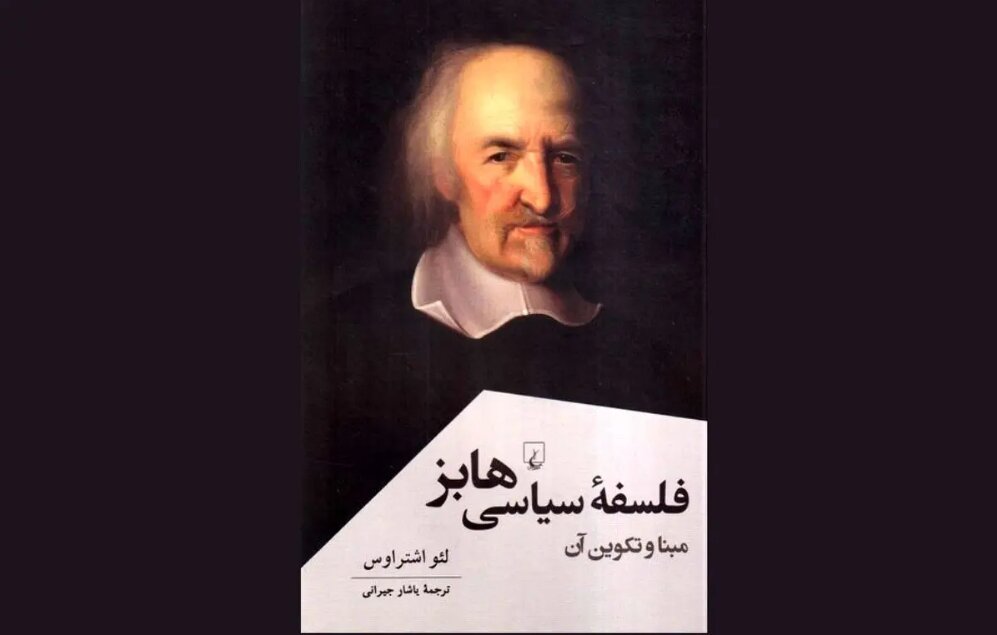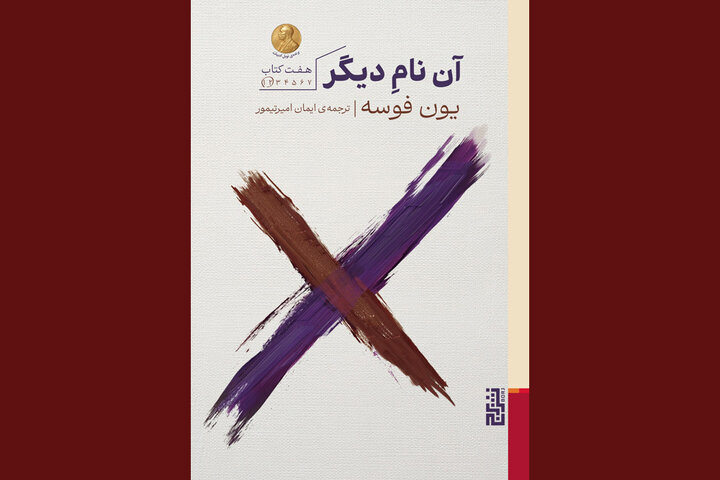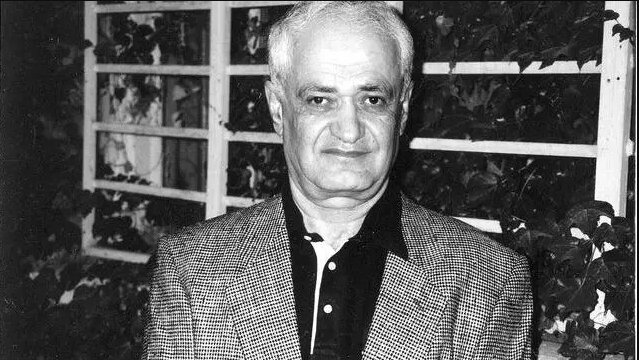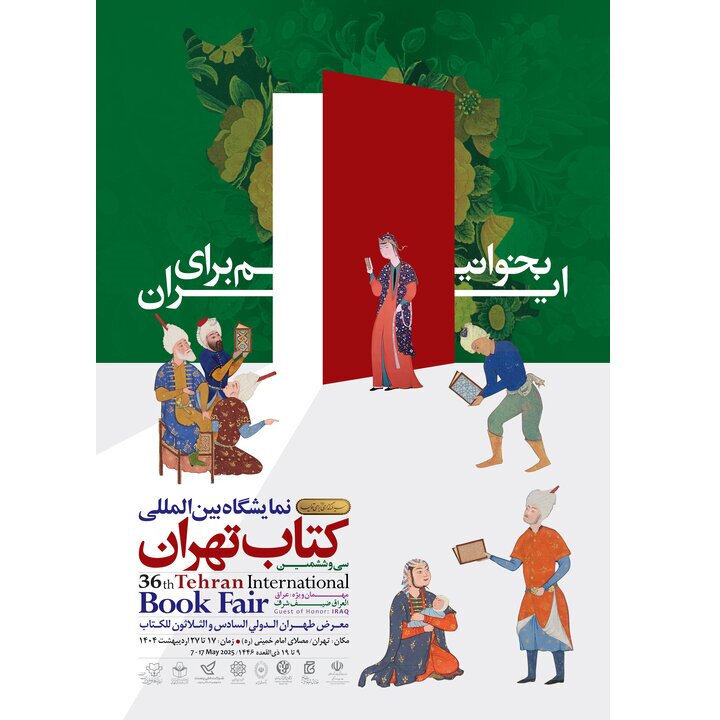New Persian Edition Unveils Thomas Hobbes’ Political Philosophy: A Must-Read for Thinkers!
In recent news, the Persian translation of Leo Strauss’s renowned work, “The Political Philosophy of Hobbes: Its Basis and Its Genesis,” has now graced the shelves of bookstores throughout Iran. This significant release, translated by Yashar Jeyrani and published by Ghoghnoos Publishing House, provides readers with a profound insight into the political thoughts of Thomas Hobbes.
Leo Strauss’s classic analysis delves deep into the innovative aspects of Hobbes’s political philosophy. He asserts that Hobbes’s ideas did not stem from tradition or scientific reasoning but rather from his extensive understanding of human nature. The book spans 246 pages and thoroughly explores the evolution of Hobbes’s moral doctrine, tracing his journey from early writings to his pivotal work, “Leviathan.”
Here are some key points discussed in the book:
- Contradictions in Hobbes’s Work: Strauss highlights various contradictions found within Hobbes’s writings, providing a critical lens through which to understand his theories.
- Connections to Classical Thinkers: The author uncovers intriguing links between Hobbes and the philosophies of Plato, Thucydides, Aristotle, Descartes, Spinoza, and Hegel.
- The Impact of the English Civil War: Strauss contextualizes Hobbes’s theories within the backdrop of the English Civil War (1642-1651) and its detrimental effects on society.
Thomas Hobbes (1588-1679) is widely recognized as one of the pioneers of modern political philosophy. His 1651 work “Leviathan” remains influential for its formulation of the social contract theory. Hobbes’s experiences during the English Civil War shaped his belief in governance by an absolute sovereign, as he viewed it as a necessary measure to prevent societal collapse and conflict.
In addition to social contract theory, “Leviathan” introduced several pivotal concepts, including:
- State of Nature: Hobbes famously described a condition where life was “solitary, poor, nasty, brutish, and short,” advocating for a social structure that prevents such chaos.
- Laws of Nature: He posited laws of nature that dictate human behavior and societal organization.
Hobbes’s intellectual contributions extend beyond political philosophy. He made significant strides in various fields, including:
- History
- Jurisprudence
- Geometry
- Optics
- Theology
- Classical Translations
- Ethics
- General Philosophy
This diverse expertise marks Hobbes as a true polymath. Despite facing controversies—such as accusations of atheism and extensive debates with contemporaries—his work has profoundly shaped our understanding of political structures and human behavior.
Leo Strauss (1899-1973) was a prominent American political philosopher, originally from Germany. He emigrated to the United States and became a distinguished professor at the University of Chicago, where he greatly influenced generations of students. Throughout his career, Strauss published fifteen significant works and focused on the study of political philosophy.
His academic journey saw him trained in the neo-Kantian tradition under Ernst Cassirer while also engaging deeply with the phenomenologists Edmund Husserl and Martin Heidegger. Strauss contributed extensively to the discourse on figures such as Spinoza and Hobbes, while also exploring the thoughts of Maimonides and Al-Farabi.
In the late 1930s, Strauss’s research pivoted towards the texts of Plato and Aristotle. His work emphasized interpreting these classical texts through the lens of medieval Islamic and Jewish philosophy, advocating their relevance in contemporary political theory.
Two central themes characterize Strauss’s thought:
- Critique of Modernity: Strauss argued that modernity, emerging notably during the 15th century in Italian city-states, marked a radical departure from the long-standing traditions of Western civilization. He believed this shift led to a crisis of nihilism, relativism, historicism, and scientism.
- Recovery of Classical Political Philosophy: His work called for a return to classical philosophical ideas, which he felt were essential for understanding human nature, morality, and justice.
Strauss criticized modern political and social sciences for their reliance on empirical observation and rational analysis. He contended that these approaches often overlook fundamental human questions, reducing individuals to mere objects of manipulation. Furthermore, he expressed concern about modern liberalism, which he viewed as lacking moral and spiritual foundations, undermining the authority of religion, tradition, and natural law.
This new Persian translation of Strauss’s exploration of Hobbes’s political philosophy invites readers to engage with these critical ideas and reflect on their implications in today’s political landscape.






